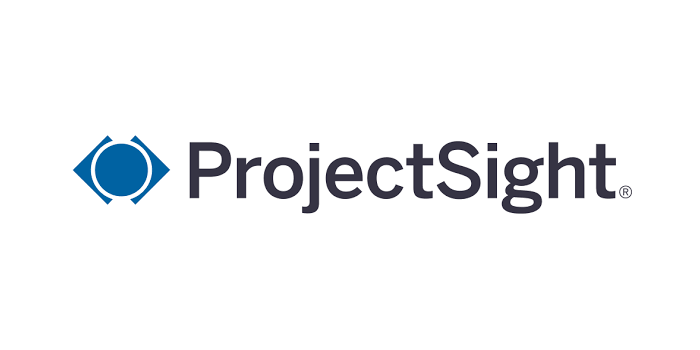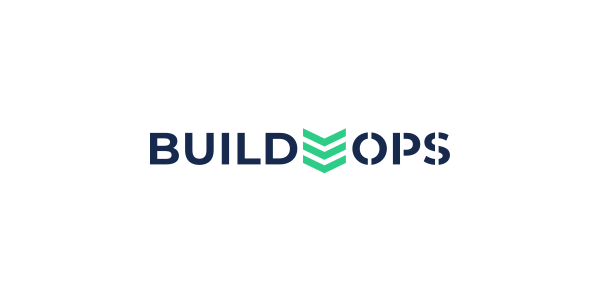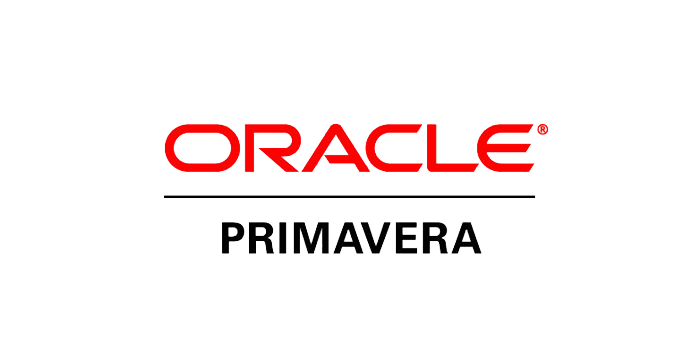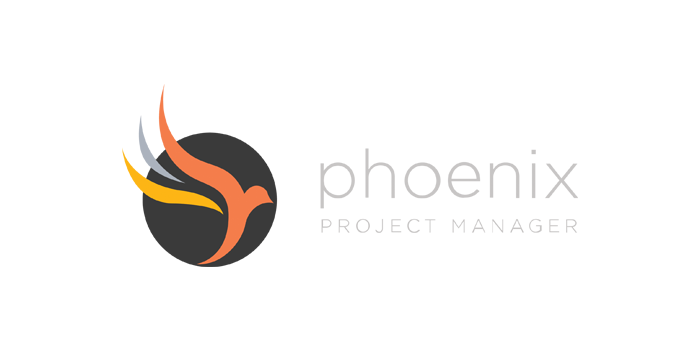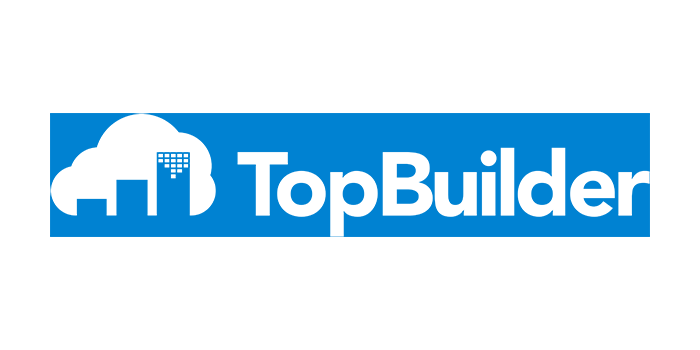We are sharing the communication below that was sent to all CDP employees this morning that outlines recommended best practices at this time. We are encouraging our staff and clients to work remotely when possible.
It is impossible today to turn on the TV, radio or your computer and not see information about the threat of the Coronavirus. Each of you is an important member of CDP and your health and wellbeing is important to us. We have been monitoring the recent updates from the CDC, WHO and OHSA in regard to concerns about the virus. As additional information becomes available, we will continue to follow guidance from the CDC to implement efforts to reduce the likelihood of illness and wanted to share some precautionary measures.
What is a Coronavirus?
Coronavirus disease 2019 (COVID-19) is a respiratory illness that can spread from person to person. Coronaviruses are a family of viruses that can cause respiratory illness in people. Coronaviruses circulate among animals, including camels, cattle, cats, and bats.
How is the Novel Coronavirus, COVID-19 Different from Other Coronaviruses?
Just like there are different types of related viruses that cause smallpox, chickenpox, and monkeypox, different coronaviruses cause different diseases in people. The Severe Acute Respiratory Syndrome (SARS) coronavirus causes SARS and the Middle East Respiratory Syndrome (MERS) coronavirus causes MERS. The novel coronavirus, COVID-19 is one of seven types of known human coronaviruses. COVID-19, like the MERS and SARS coronaviruses, likely evolved from a virus previously found in animals. The remaining known coronaviruses cause a significant percentage of colds in adults and children, and these are not a serious threat for otherwise healthy adults.
What are the Signs and Symptoms of COVID-19 infection?
Patients with confirmed COVID-19 infection have reportedly had mild to severe respiratory illness with symptoms such as fever, cough, and shortness of breath. It is important to note not everyone experiences the full flu-like symptoms. Symptoms may appear in some people as nothing more than a cold. Meanwhile they may still be carriers of Covid-19 and therefore infectious.
What Should I Do if I Think I Have Been Exposed to or Infected with COVID-19?
- Alert your healthcare provider immediately if you think you may be infected with COVID-19, including if you have been exposed to someone with the virus and have signs/symptoms of infection. If you are experiencing symptoms, you should tell your healthcare provider about any recent travel to areas where COVID-19 is spreading.
- Alert your work supervisor immediately of any suspected illness.
- Stay Home to avoid transmission to other employees or people.
How is COVID-19 Diagnosed?
Your healthcare provider can determine if your signs and symptoms are explained by other causes, or if there is reason to suspect you may have COVID-19. If laboratory testing is appropriate, your healthcare provider will work with health officials in your state, who in turn will work with CDC, to collect and test any clinical specimens for diagnosis.
How is COVID-19 Treated?
No vaccine or specific treatment for COVID-19 infection is available. Hospitals can provide supportive care for infected people.
The CDC COVID-19 Information for Healthcare Professionals webpage provides interim guidance for healthcare professionals, infection control, and home care for managing patients with known or suspected COVID-19.
Control and Prevention
Measures for protecting workers from exposure to, and infection with, the novel coronavirus, COVID-19 depend on the type of work being performed and exposure risk, including potential for interaction with infectious people and contamination of the work environment.
OSHA has developed this interim guidance to help prevent worker exposure to COVID-19.
General guidance for all U.S. workers and employers:
- Avoid close contact with people who are sick. *CDC defines "close contact" as being about six (6) feet (approximately two (2) meters) from an infected person or within the room or care area of an infected patient for a prolonged period while not wearing recommended PPE (personal protective equipment). Close contact also includes instances where there is direct contact with infectious secretions while not wearing recommended PPE. Close contact generally does not include brief interactions, such as walking past a person.
- Avoid touching your eyes, nose and mouth.
- Stay home when you are sick.
- Cover your cough or sneeze with a tissue (NOT your hands), then dispose of the tissue directly in a trash receptacle.
- Clean and disinfect frequently touched objects and surfaces using a regular household cleaning spray or sanitation wipe.
- Follow the CDC's recommendations regarding the use of a facemask: The CDC does not recommend that people who do not exhibit signs of illness wear a facemask to protect themselves from respiratory diseases, including Covid-19. Facemasks should be used primarily by people who show symptoms of Covid-19 to help prevent the spread of the disease to others.
- Frequently wash your hands with soap and water for at least 20 seconds, especially after using the restroom; before eating; and after blowing your nose, coughing or sneezing. When soap and running water are unavailable, use an alcohol-based hand rub with at least 60% alcohol. Always wash hands that are visibly soiled.
- Review and follow CDC Travel Advisories when planning travel. If you become ill after returning home, contact your healthcare provider immediately.
- If you suspect illness or that you may have been exposed, stay home and immediately notify your work supervisor and your healthcare provider. The CDC recommends that individuals wait at least 24 hours after they're free of a fever or show signs of a fever or any other symptoms (without the use of fever-reducing or other symptom-altering medicines) before returning to work.
- Work arrangements, such as telecommuting, flexible schedules, and staggered schedules can help prevent the spread of the illness. Greater use of web/teleconferences and e-mail versus face-to-face meetings are additional social distancing strategies that can help prevent the spread of illness.
For all workers, regardless of specific exposure risks, it is always a good practice to:
Environmental Decontamination
Within our office, surfaces, door handles, bathrooms, training room computer tables, keyboards and mice are being wiped down with sanitizing wipes. For those working from home, we recommend a similar procedure. Additionally it is a good strategy to sanitize your phones according to manufacturer's specifications.
Travel Restrictions
Currently, the CDC is recommending that travelers avoid all nonessential travel to China, Iran, Italy, and South Korea. Other areas are being added as the virus continues to spread.
Check the CDC's Traveler's Health Notices for the latest guidance and recommendations for travel.
Employees should check themselves for symptoms of acute respiratory illness before starting travel and notify their supervisor and stay home if they are sick.
Employees who become sick while traveling or on temporary assignment should notify their supervisor and should promptly call a healthcare provider for advice if needed.
Engage in discussions with each of your clients before any on-site visits. Encourage them to utilize as much off-site / remote work as possible using tele/web conferencing as needed. Document all conversations with clients regarding the topic.
We highly encourage you to work remotely with clients, each of you should assess your own exposure statistics and determine what is best for you.
Please be sure to review the CDC website frequently for updates: https://www.cdc.gov/coronavirus/2019-ncov/faq.html.


